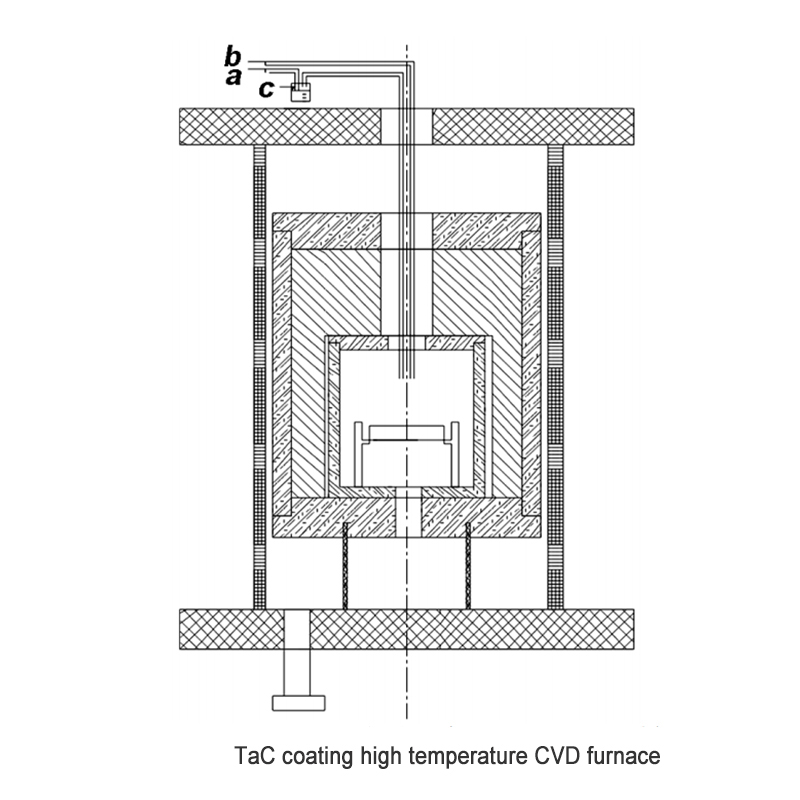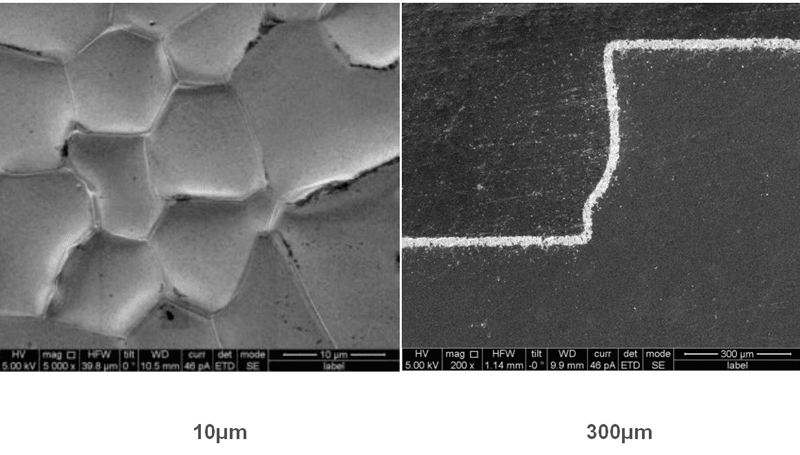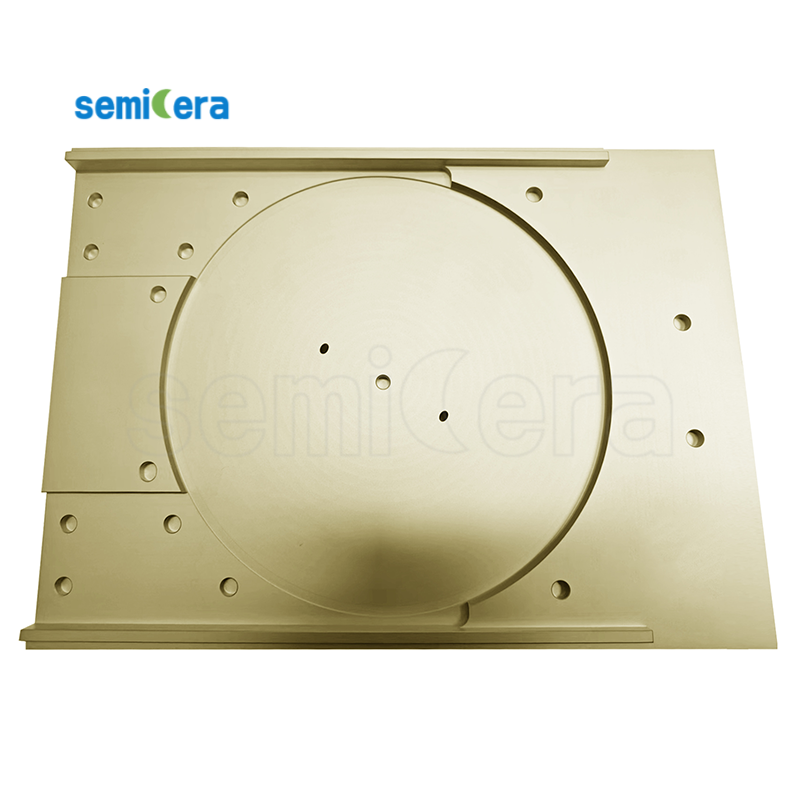Introduction to CVD TaC Coating:
CVD TaC Coating is a technology that uses chemical vapor deposition to deposit tantalum carbide (TaC) coating on the surface of a substrate. Tantalum carbide is a high-performance ceramic material with excellent mechanical and chemical properties. The CVD process generates a uniform TaC film on the surface of the substrate through gas reaction.
Main features:
Excellent hardness and wear resistance: Tantalum carbide has extremely high hardness, and CVD TaC Coating can significantly improve the wear resistance of the substrate. This makes the coating ideal for applications in high-wear environments, such as cutting tools and molds.
High Temperature Stability: TaC coatings protect critical furnace and reactor components at temperatures up to 2200°C, demonstrating good stability. It maintains chemical and mechanical stability under extreme temperature conditions, making it suitable for high-temperature processing and applications in high-temperature environments.
Excellent chemical stability: Tantalum carbide has strong corrosion resistance to most acids and alkalis, and CVD TaC Coating can effectively prevent damage to the substrate in corrosive environments.
High melting point: Tantalum carbide has a high melting point (approximately 3880°C), allowing CVD TaC Coating to be used in extreme high temperature conditions without melting or degrading.
Excellent thermal conductivity: TaC coating has high thermal conductivity, which helps to effectively dissipate heat in high-temperature processes and prevent local overheating.
Potential applications:
• Gallium Nitride (GaN) and Silicon Carbide epitaxial CVD reactor components including wafer carriers, satellite dishes, showerheads, ceilings, and susceptors
• Silicon carbide, gallium nitride and aluminum nitride (AlN) crystal growth components including crucibles, seed holders, guide rings and filters
• Industrial components including resistance heating elements, injection nozzles, masking rings and brazing jigs
Application features:
• Temperature stable above 2000°C, allowing operation at extreme temperatures
•Resistant to hydrogen (Hz), ammonia (NH3), monosilane (SiH4) and silicon (Si), providing protection in harsh chemical environments
• Its thermal shock resistance enables faster operating cycles
• Graphite has strong adhesion, ensuring a long service life and no coating delamination.
• Ultra-high purity to eliminate unnecessary impurities or contaminants
• Conformal coating coverage to tight dimensional tolerances
Technical specifications:
Preparation of dense tantalum carbide coatings by CVD:
TAC coating with high crystallinity and excellent uniformity:
CVD TAC COATING Technical Parameters_Semicera:
| Physical properties of TaC coating | |
| Density | 14.3 (g/cm³) |
| Bulk Concentration | 8 x 1015/cm |
| Specific emissivity | 0.3 |
| Thermal expansion coefficient | 6.3 10-6/K |
| Hardness(HK) | 2000 HK |
| Bulk Resistivity | 4.5 ohm-cm |
| Resistance | 1x10-5 Ohm*cm |
| Thermal stability | <2500℃ |
| Mobility | 237 cm2/Vs |
| Graphite size changes | -10~-20um |
| Coating thickness | ≥20um typical value (35um+10um) |
The above are typical values.














